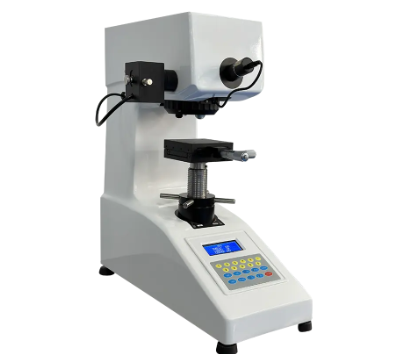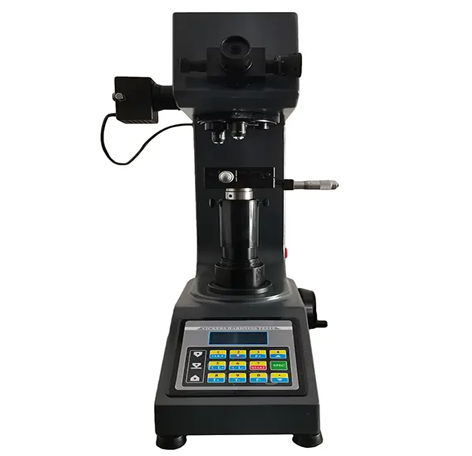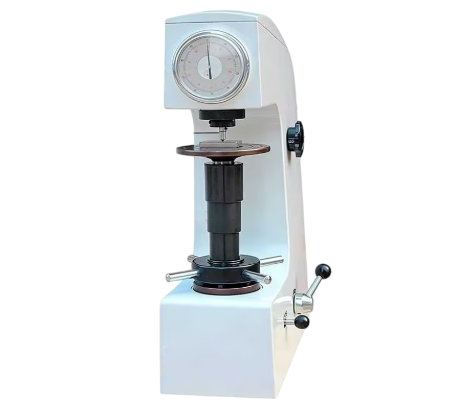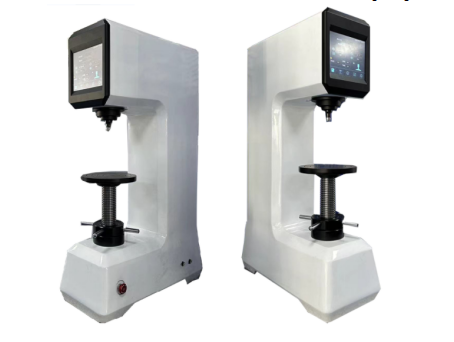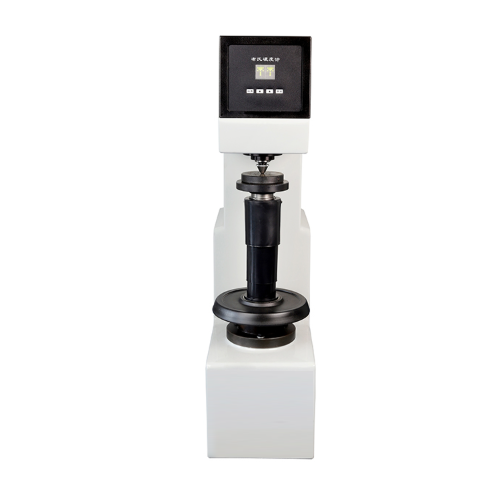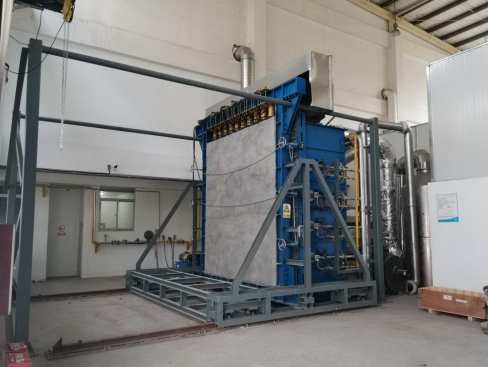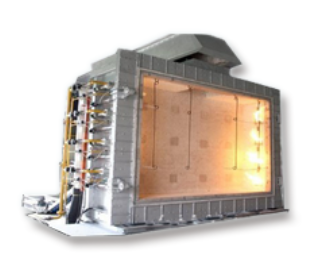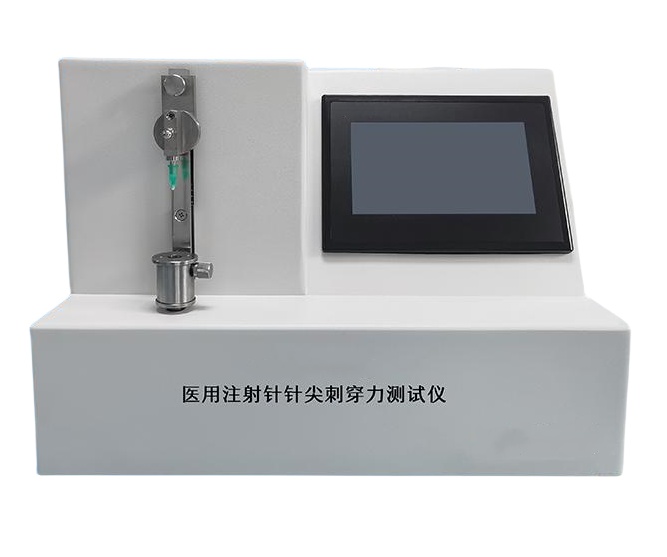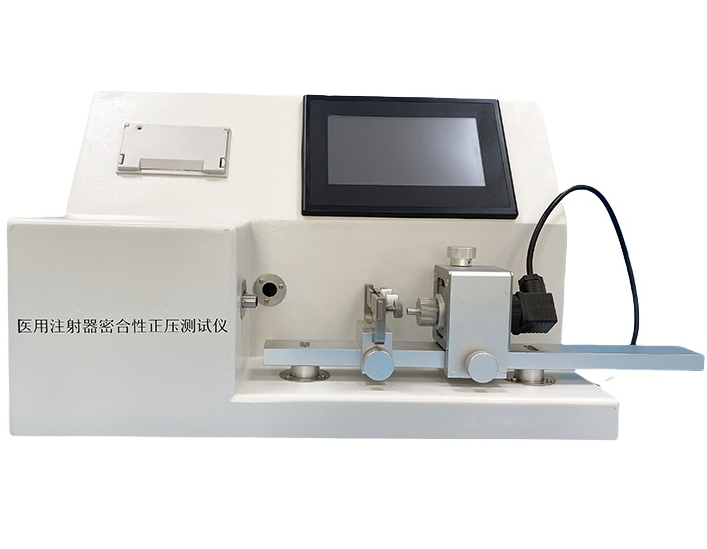Metal Angle Fixator Strength Tester
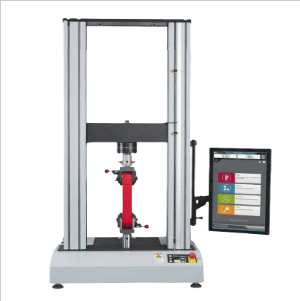
Standard:
ASTM F384
Scope of Application:
Evaluating mechanical properties: Measure the mechanical response of metal angle fixators under loads such as tension, compression, and bending, and assess key performance indicators like yield strength, ultimate strength, stiffness (elastic modulus), and deformation before fracture under static conditions.
Studying fatigue properties: By simulating the cyclic stress conditions of metal angle fixators within the human body (resulting from daily activities like walking or movement), repeatedly apply and release loads over millions of cycles to evaluate their fatigue properties, including fatigue life and resistance to crack initiation and propagation during long-term use.
Optimizing product design: Based on the test results obtained from both static and fatigue testing, the design of metal angle fixators (including plate geometry, screw hole placement, material selection, and manufacturing processes) can be optimized to improve their mechanical properties, fatigue resistance, and ultimately, surgical outcomes and patient recovery.
Quality control: This tester is indispensable for the quality control of metal angle fixators during the manufacturing process. By performing static and fatigue tests on samples from each production batch according to predetermined mechanical property standards and fatigue life requirements, manufacturers can ensure that products consistently meet the required performance specifications before they are released for clinical use.
Product Advantages:
The Metal Angle Fixator Strength Tester offers significant advantages for assessing the critical properties of these implants:
Comprehensive Mechanical Evaluation: Capable of performing a range of tests, including tension, compression, and bending, under both static and cyclic (fatigue) loading conditions.
Simulates In Vivo Stress: Designed to replicate the complex loading environment experienced by angle fixators in the human body, providing clinically relevant data.
Provides Crucial Performance Data: Yields quantitative measurements of static strength, stiffness, and long-term fatigue life essential for design validation and regulatory approval.
Essential for Patient Safety: Contributes directly to ensuring the mechanical reliability and durability of angle fixators, reducing the risk of implant failure and associated complications.
Supports Regulatory Compliance: Enables testing according to standards like ASTM F384. which are often required by regulatory bodies for orthopedic fracture fixation devices.
Facilitates R&D and Quality Control: An indispensable tool for developing improved angle fixator designs and materials and for maintaining consistent manufacturing quality.
Product Features:
A Metal Angle Fixator Strength Tester is typically a versatile universal testing machine or a specialized system capable of both static and dynamic (fatigue) testing, equipped with fixtures tailored for angle fixators.4 Key features include:
A robust testing frame capable of applying controlled forces in tension, compression, and bending modes.
Dynamic (fatigue) testing capabilities, including a dynamic actuator, high-speed control system, and data acquisition for applying cyclic loads at specified frequencies over millions of cycles.
Specialized fixtures designed to hold metal angle fixators and their associated bone screws in a configuration that simulates their attachment to bone and allows for the application of tension, compression, and bending loads as specified by relevant standards (e.g., cantilever bending as described in ASTM F384). These fixtures often incorporate simulated bone material (e.g., rigid polyurethane foam) or bone models for screw insertion.
Load cell(s) for accurate measurement of applied static and dynamic forces.
Displacement sensor(s) or the testing machine's measurement system to record deformation of the fixator under load.
Control system capable of performing both static tests (e.g., applying load or displacement at a constant rate) and fatigue tests (applying cyclic loads with precise amplitude, mean load, and frequency control).
A cycle counter for fatigue testing.
Data acquisition system to capture load, displacement, and cycle count data throughout the tests.
Sophisticated software for setting up test parameters, controlling the testing process, analyzing data (e.g., calculating yield strength, ultimate strength, stiffness, fatigue life, generating S-N curves), and generating test reports.
Technical Parameters:
Static Load Capacity (Tension/Compression/Bending): (e.g., typically ranging from 5 kN to 50 kN or more, depending on the size and strength of the fixators tested)
Dynamic Load Capacity (Tension/Compression/Bending): (e.g., typically ranging from ±5 kN to ±25 kN or more for fatigue testing)
Frequency Range (for Fatigue): (e.g., up to 10 Hz, 20 Hz, or higher, as specified by relevant testing standards, e.g., ASTM F384 typically uses 5 Hz)
Load Control Accuracy: (e.g., ±0.5% or ±1% of set load for static, ±1% of set amplitude for dynamic)
Displacement Control Accuracy: (e.g., ±0.5% or ±1% of set displacement for static, ±1% of set amplitude for dynamic)
Type of Loading Capabilities: (Tension, Compression, Bending - often configured with specific fixtures for different bending tests like cantilever)
Maximum Number of Cycles (for Fatigue): (Designed for long-term testing, e.g., up to 5 million or 10 million cycles as per standards like ASTM F384)
Actuator Stroke: (Sufficient to apply required displacements under static and cyclic loading)
Environmental Chamber/Fluid Bath Temperature Range: (If applicable, e.g., Ambient to 40°C or higher, with precise control around 37°C)
Environmental Chamber/Fluid Bath Temperature Accuracy: (If applicable, e.g., ±1°C or ±0.5°C)
Sample Size Capacity: (Able to accommodate various metal angle fixator designs and sizes with associated screws and simulated bone models)
Power Supply: (e.g., AC 220V or 380V, 50/60 Hz, potentially with a hydraulic power unit if servo-hydraulic)

Leave Message Get Price



